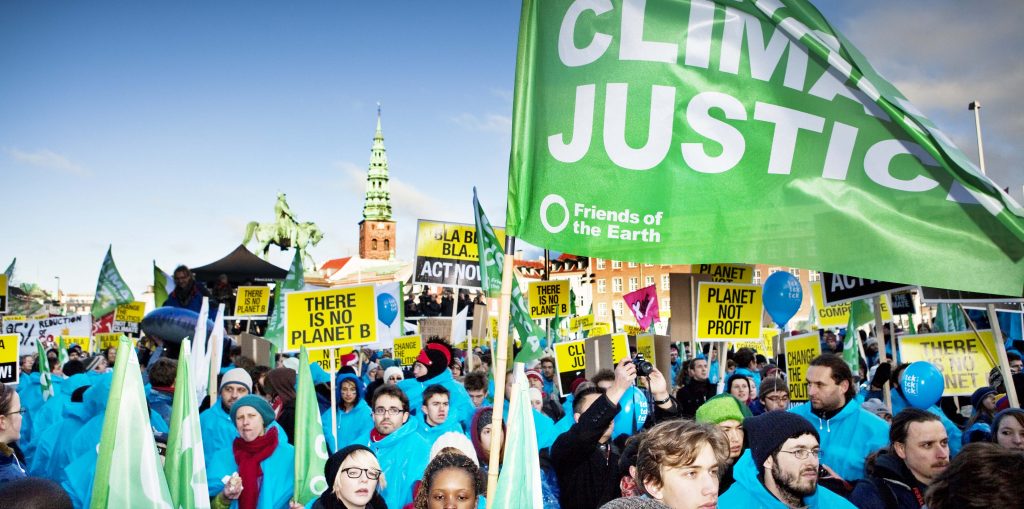Brussels, March 15 – European Environment Ministers met today to discuss the next steps after the failure of the UN conference in Copenhagen last December. While it is positive that they stick to the existing negotiating texts under the Kyoto Protocol as the basis for a future agreement, Friends of the Earth Europe believes that the Council’s conclusions have shortcomings which prevent the EU from achieving a strong and fair solution to the climate crisis.
Esther Bollendorff, climate campaigner for Friends of the Earth Europe, said “It’s difficult to understand why politicians are so reluctant to take measures which will bring real change for the better. 40% cuts in greenhouse gas emissions in Europe by 2020 will not harm us, but will tackle climate change, create millions of new jobs, ensure energy security and create health benefits, while respecting the rights of the world’s poorest to development. To fully realise their responsibility for dealing with the climate crisis, the EU must also put sufficient money on the table that is additional to Official Development Assistance.”
The Council has been reluctant to increase the EU’s target for reducing greenhouse gas emissions to 30% by 2020, compared to 1990 levels. This is in contrast with the Climate Commissioner Connie Hedegaard, who has expressed support for an unconditional move up to 30%. The Ministers’ position also stands in contradiction with the EU’s long term objective to reduce emissions by 80-95% by 2050, reiterated in these conclusions. Friends of the Earth Europe in partnership with Stockholm Environment Institute (SEI) has conducted research showing that 40% cuts by 2020 and 90% by 2050 without offsetting are technically feasible in Europe.[1] Scientists have confirmed that this is the scale of reductions needed to stay well below a 2°C global temperature increase.
Also, Minsters have not ensured that the EU’s short term finance commitments will be additional to already existing funds for Official Development Assistance. This will only result in cutting the basic development budget needed for poverty alleviation, building schools or hospitals and ensuring access to water. The research conducted by FoEE and SEI indicates that the currently proposed finance levels are light years away from what is actually needed to ensure that the most vulnerable regions in the world can undergo a sustainable development based on efficiency and renewable energy sources.
***
NOTES:
[1] “Europe’s share of the climate challenge – domestic actions and international obligations to protect the planet.” SEI, December 2008. Find more at the SEI and FOEE websites:http://www.sei-international.org/?p=publications&task=view&pid=1318
Friends of the Earth Europe’s 40% Study [2] The above mentioned report estimates that the EU’s fair share would be as much as €150bn per year up to 2020.






